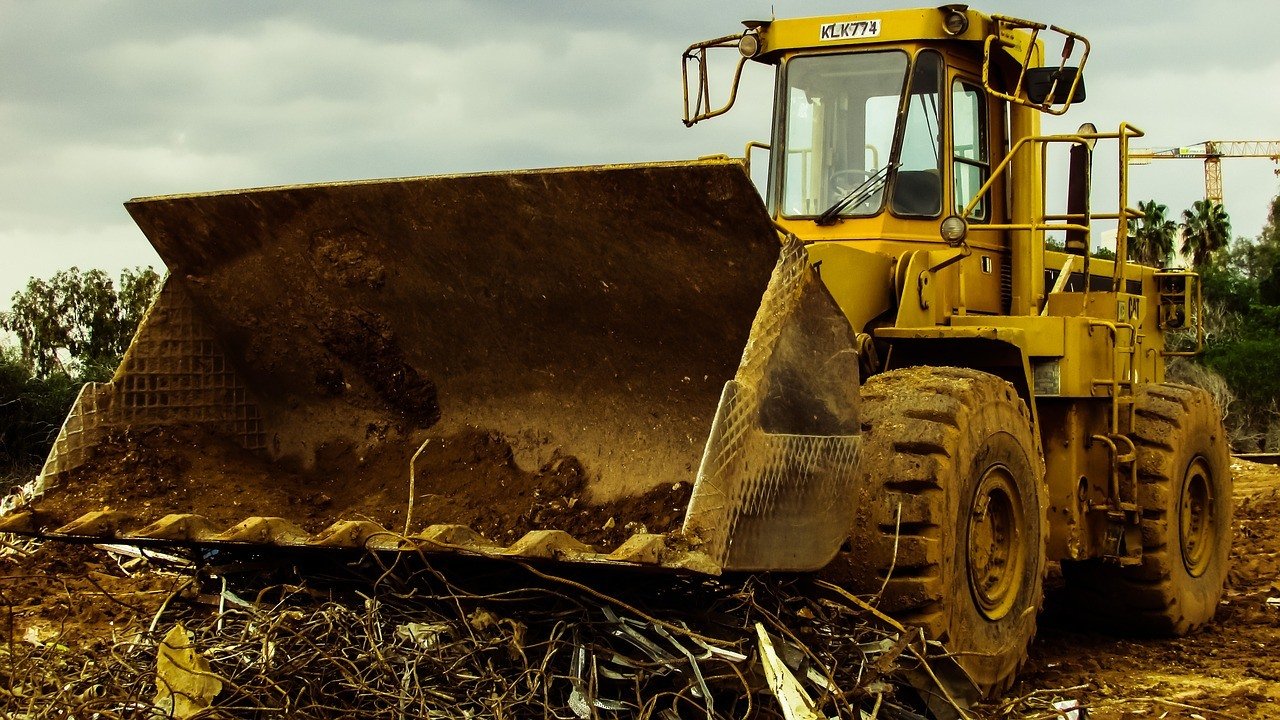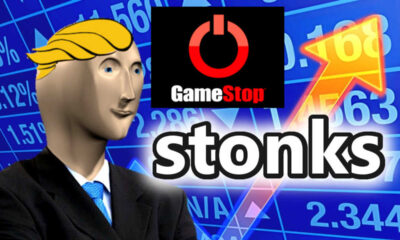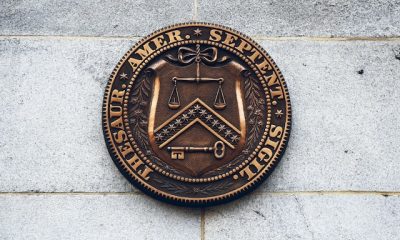Business
The socio-economic benefits of nickel commerce
People view nickel differently, depending on what purpose it serves them.

Every day, we witness how people talk about sustainability as an essential aspect of modern living.
We see it on TV, on paper, on gigantic billboards decorating our highways and cities—everywhere. But we seem to know little about what brings sustainability to reality, the materials behind it. Like nickel—so unmistakable yet so imperceptible to many.
For mining companies, for example, nickel is synonymous to “life and survival,” as extracting this base metal from the earth is their bread and butter. The absence of nickel could mean shutting down operations, or perhaps massive joblessness. Investors, on the other hand, would always wish for nickel mining companies to flourish, as this translates to better share prices. For economists, a balanced in nickel supply and demand could mean a better future for the world’s economy, as nickel is used as a barometer for global economic health.
Following the nickel value chain could give us a glimpse of its importance to society as beyond a profitable entity. Nickel companies give jobs to millions of people, from corporate to down to those at smelting operations. Nickel also empowers relative industries like steel, construction, automobile, aeronautics, engineering, and even urban planning.
Without nickel, there will surely be no towering skyscrapers, vast landscapes of highways and clover leaves, tunnels and bridges. Life would be slow, as people would no longer bother to go out of town because commuting on a rickshaw is definitely not an option.

The absence of nickel could mean the absence of modern society. (Source)
The world is critically dependent on base metals like nickel, as without it the entire global economy will be shaken. Giant economies will cease to exist if nickel production stops. In the European region alone, an estimated amount of 1.25-1.50 million jobs will be lost if the mining industry stops discovering and producing nickel.
Currently, the total value added by the nickel industry and its value chain to the European Union (EU) is worth around €80-100 billion, €50 billion of which is generated by companies and applications critically reliant on base metals.
Today, the global economy is suffering simply because China, currently the world’s largest economy, struggles to maintain their economic growth amid overabundance and undersupply in the base metal segment. Many steel companies around the globe are struggling because of the current supply shortage in nickel, forcing them to pass on additional costs brought about by improvisation methods to their consumers. Indeed, every movement in nickel prices could affect the cost of products and services around us—medicines, cars, condominiums, and so on.
The modern world has been dependent of nickel’s benefits insofar as it can’t just ignore the ailing nickel supply sector. However, industries and companies would continue to patronize nickel despite steep prices simply because it is now an indispensable aspect of everyday living.
Whatever happens, steel companies would persist on looking for nickel suppliers, the same way exploration firms like Amur Minerals Corporation (OTC:AMMCF) and Sirius Resources (SIR:ASE) would continue to discover new nickel reserves—simply because the world can’t live without it.
One thing is clear: Putting nickel out of the picture means we have to say goodbye to comfortable living. Without nickel there will be no cleaner water, advanced medical facilities, space-saving condominiums, bullet trains and efficient cars, mobile phones and Internet access, cleaner energy and even the very idea of sustainable development. Because what’s the use of sustainability if humans have nothing to sustain in the first place? Nickel, however odd it may sound, is life.
—
This article may include forward-looking statements. These forward-looking statements generally are identified by the words “believe,” “project,” “estimate,” “become,” “plan,” “will,” and similar expressions. These forward-looking statements involve known and unknown risks as well as uncertainties, including those discussed in the following cautionary statements and elsewhere in this article and on this site. Although the Company may believe that its expectations are based on reasonable assumptions, the actual results that the Company may achieve may differ materially from any forward-looking statements, which reflect the opinions of the management of the Company only as of the date hereof. Additionally, please make sure to read these important disclosures.

-

 Crypto2 weeks ago
Crypto2 weeks agoCoinbase Surges: Bernstein Targets $510 as COIN Hits Highest Price Since IPO
-

 Biotech20 hours ago
Biotech20 hours agoBiotech Booster: €196.4M Fund to Accelerate Dutch Innovation
-

 Markets1 week ago
Markets1 week agoCoffee Prices Decline Amid Rising Supply and Mixed Harvest Outlooks
-

 Crypto5 days ago
Crypto5 days agoCaution Prevails as Bitcoin Nears All-Time High
























